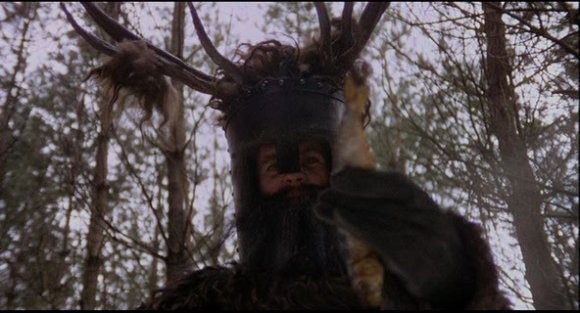This is a topic I have been thinking about for a while now and wanted to hear what others think.
I have found that the game tends to feel better and be more enjoyable to the players when they are the ones rolling the dice. When I, as the GM, do the rolling, the game feels less connected to the players. I am just playing with myself while the players watch (
![]() ). I have more and more adopted a philosophy of letting the players do almost all rolls.
). I have more and more adopted a philosophy of letting the players do almost all rolls.
For example:
An NPC merchant is trying to convince a player character to buy his wares. In this case the GM would roll some kind of social action for the merchants Guile versus the player characters Discipline.
However, it is more fun and engaging for the player if I instead turn it around and have him roll to resist being convinced. And I find that players tend to easier accept bad outcomes when they are results of their own rolls.
The difference from a mechanical standpoint is none (as long as you make the rolls equally hard, obviously), but it can make a heap of difference for the players experience and his reaction to the outcome.
Players often tend to resist having the GM tell them how their character reacts to something but they often accept the same result if they were the ones rolling the dice.
In addition, the dice rolling mostly feel like a hassle for me as GM. I already have enough to do with book-keeping and making sure the rules are followed correctly. My enjoyment comes from the unfolding story and being creative on the fly. Rolling dice is just a distraction.
(If I was going to re-design WFRP, I would have changed all the NPC Action Cards into tests for the players to make. So if an orc attacks a character; the orc does not roll to hit, the character rolls to avoid. Then you reference the card to see what the result are based on what the player rolled.)
Anyway, has anyone else thought about this? I find that the more I let the players do all the dice rolling, the more engaging the game is and the more... "pliable" the players are to accepting the outcome without grumbling. It is much harder to argue against your own poor roll than it is to argue against a GMs arbitrary decision.
Edited by Ralzar